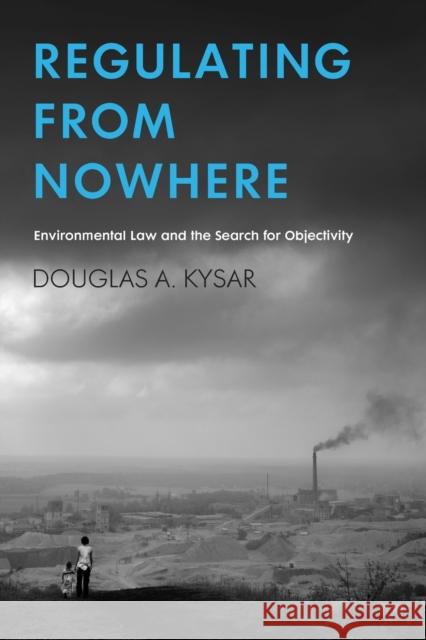Regulating from Nowhere: Environmental Law and the Search for Objectivity » książka
Regulating from Nowhere: Environmental Law and the Search for Objectivity
ISBN-13: 9780300120011 / Angielski / Miękka / 2010 / 332 str.
Drawing insight from a diverse array of sources -- including moral philosophy, political theory, cognitive psychology, ecology, and science and technology studies -- Douglas Kysar offers a new theoretical basis for understanding environmental law and policy. He exposes a critical flaw in the dominant policy paradigm of risk assessment and cost-benefit analysis, which asks policymakers to, in essence, "regulate from nowhere." As Kysar shows, such an objectivist stance fails to adequately motivate ethical engagement with the most pressing and challenging aspects of environmental law and policy, which concern how we relate to future generations, foreign nations, and other forms of life. Indeed, world governments struggle to address climate change and other pressing environmental issues in large part because dominant methods of policy analysis obscure the central reasons for acting to ensure environmental sustainability. To compensate for these shortcomings, Kysar first offers a novel defense of the precautionary principle and other commonly misunderstood features of environmental law and policy. He then concludes by advocating a movement toward environmental constitutionalism in which the ability of life to flourish is always regarded as a luxury we can afford.











